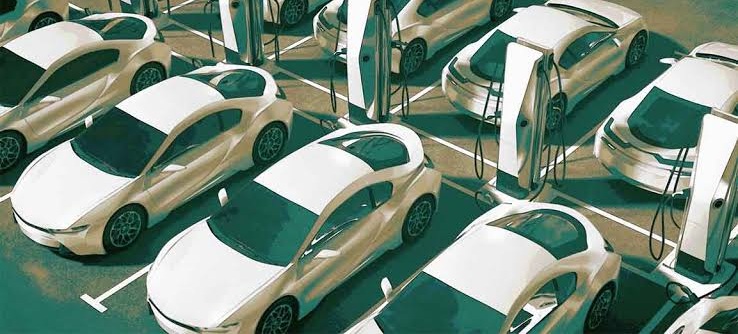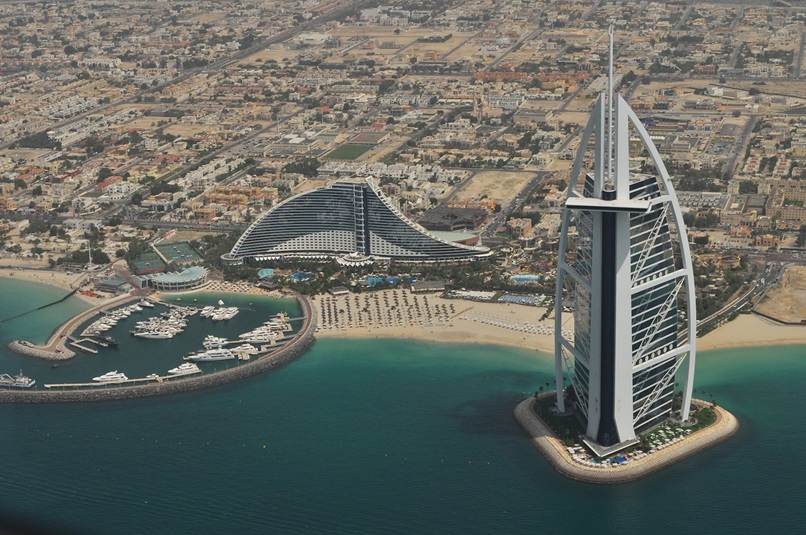Sustainable Living: How Cities Are Embracing Green Technologies
Tuesday, 18 March 2025
As the world continues to urbanize rapidly, cities are turning to innovative solutions to address the challenges of urban living. Smart cities are integrating sustainability and technology to create a greener and more efficient future. By adopting green technologies, these cities are improving resource efficiency while enhancing the quality of life for residents.
Table of Contents
- Key Green Technologies in Smart Cities
- Copenhagen: A Model for Sustainable Urban Living
- The Future of Sustainable Cities
- Frequently asked questions
Key Green Technologies in Smart Cities

- Renewable Energy Sources: Cities are investing in solar panels, wind turbines, and hydropower to reduce reliance on fossil fuels and lower greenhouse gas emissions.
- Energy-Efficient Buildings: Smart buildings with advanced HVAC systems, lighting controls, and superior insulation help reduce energy consumption and carbon footprints.
- Waste Management Innovations: Comprehensive recycling programs and waste-to-energy solutions minimize landfill use and encourage sustainable waste disposal practices.
- Smart Grids: Intelligent electricity distribution systems optimize energy use, reduce losses, and enhance power reliability.
- Green Transportation: Cities are prioritizing electric vehicles, bike-sharing programs, and efficient public transit to reduce air pollution and traffic congestion.
- Urban Farming: Rooftop gardens and vertical farms promote local food production, reducing the environmental impact of food transportation.
Copenhagen: A Model for Sustainable Urban Living
Copenhagen, Denmark, stands out as a leader in sustainable city development:
- 50% Renewable Energy Use: Denmark generates half of its energy from wind and solar power.
- District Heating System: Captures surplus heat from industrial processes to warm homes and businesses, reducing waste and emissions.
- Bike-Friendly Infrastructure: A vast network of cycling lanes encourages sustainable and healthy transportation while minimizing congestion and air pollution.
The Future of Sustainable Cities

Creating eco-friendly urban spaces requires the integration of green technologies. Cities must adopt innovative approaches to tackle environmental challenges while enhancing citizens’ quality of life.
- Focus on Renewable Energy: Expanding the use of clean energy sources to lower carbon footprints.
- Smart Waste Management: Implementing advanced recycling and waste-to-energy solutions.
- Efficient Power Distribution: Using smart grids to optimize energy consumption and distribution.
- Sustainable Transportation: Promoting electric vehicles, biking, and efficient public transit options.
The shift towards sustainable living in cities is no longer an option but a necessity. By integrating green technologies, urban areas can significantly reduce their environmental impact while improving the quality of life for their residents. From renewable energy to waste management and eco-friendly transportation, these innovations are shaping the cities of tomorrow. As more cities commit to sustainable practices, the vision of a cleaner, healthier, and more efficient urban future becomes a reality for generations to come.
Frequently Asked Questions (FAQs)
What are green technologies in smart cities?
Green technologies in smart cities include renewable energy sources, energy-efficient buildings, smart grids, waste management innovations, green transportation, and urban farming initiatives.
How do smart cities promote sustainability?
Smart cities integrate advanced technologies to optimize energy consumption, reduce waste, encourage eco-friendly transportation, and improve overall resource efficiency.
Why is Copenhagen considered a model for sustainable urban living?
Copenhagen leads in sustainability due to its reliance on renewable energy, efficient district heating system, and extensive bike-friendly infrastructure that reduces carbon emissions.
How does urban farming contribute to sustainability?
Urban farming reduces the need for long-distance food transportation, promotes local food production, and helps lower the environmental impact of agriculture in urban areas.
What steps can other cities take to become more sustainable?
Cities can invest in renewable energy, implement efficient waste management systems, develop smart grids, promote eco-friendly transportation, and encourage green building practices.





